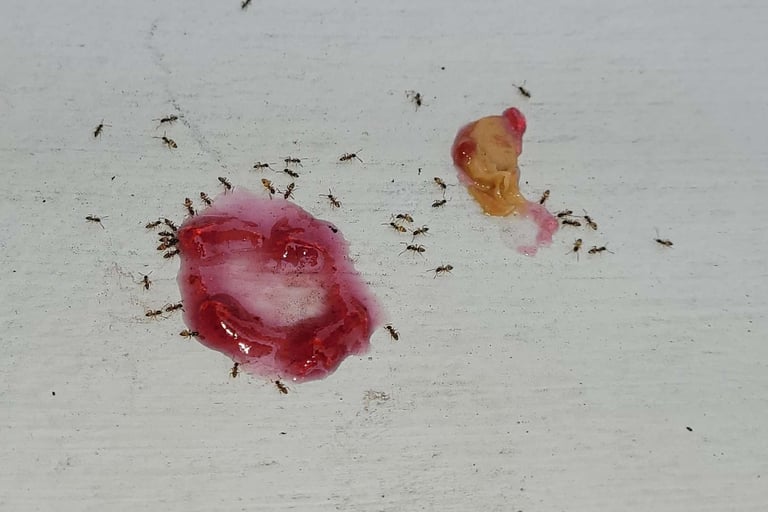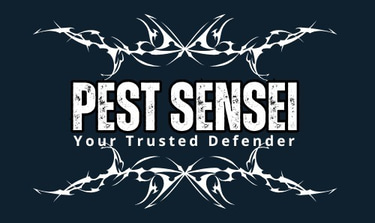How to Get Rid of Ants: All You Need to Know about Ant DIY
Struggling with ants? Discover effective DIY methods and discover tips you don't find online.
Chan, H.H.


Ant infestations are a common household issue, leading many homeowners to try different DIY methods for control. While DIY solutions can be effective, their success depends on factors such as the ant species, the infestation size, and the consistency of treatment. Knowing the strengths and limitations of each method can help you decide the best approach.
Common DIY Ant Control Methods
Bait
Ant baits attract worker ants, which carry the bait back to the colony through a process called trophallaxis. Over time, this can reduce the population. However, effectiveness depends on choosing the right bait for the specific ant species. Results may take days or weeks, requiring patience and consistent placement.
Depending on species and colony needs, ants may prefer sugary or protein food, which you will need to experiment. Keep in mind that not all ants will be attracted to the baits. Some may simply ignore them.
Baiting is more preferable than spraying because it directly targets the colony, poses a low risk of contaminating food and water, and minimizes exposure to non-target insects like bees. It also requires a smaller amount compared to liquid sprays. In fact, baits are often the only approved products for use in food processing environments.


ants in the photo prefer sugary food than protein.
Vinegar and Natural Repellents
Vinegar, lemon juice, and cinnamon are common natural remedies used to disrupt ant trails. While these methods can deter ants temporarily, they do not eliminate the colony. Ants may return once the scent fades, requiring repeated application.
It's important to note that some ants, such as pharaoh ants (which is very common in Johor Bahru and other parts of Malaysia), may bud, or split their colonies if they sense repellents, creating additional challenges.
Chemical Repellents and Barriers
Ant sprays can kill ants on contact. However, foraging ants represent only 10-20% of the whole colony! Unless the nest itself is addressed, new ants may continue to find alternative routes into your home.
Prevention Measures
Preventing ants from entering in the first place is key. Keeping food sealed, cleaning up crumbs, and fixing moisture issues can make your home less attractive to ants. However, even with good hygiene, some ant species will persist if a colony is established nearby.
Understanding DIY Limitations
DIY methods can help manage minor infestations, but they require ongoing effort. Some ant species, such as pharaoh ants, may not respond well to DIY treatments. Without identifying the species and targeting the source, ants may keep returning.
When to Consider Professional Ant Control
Professional pest control services go beyond surface-level treatments. Experts can accurately identify ant species, locate hidden nests, and apply specialized solutions for long-term results. Additionally, professionals can recommend preventative strategies to keep ants from returning.
Making the Right Choice
DIY methods can be a good starting point, especially for small infestations. However, if ants keep coming back or the problem worsens, professional treatment can provide more reliable and lasting results. If you need expert help, Pest Sensei offers customized solutions to keep your home ant-free.
Pest Sensei
Expert pest control solutions for your needs in Johor Bahru and surrounding areas.
© 2025. All rights reserved.
Powered by Solbright
